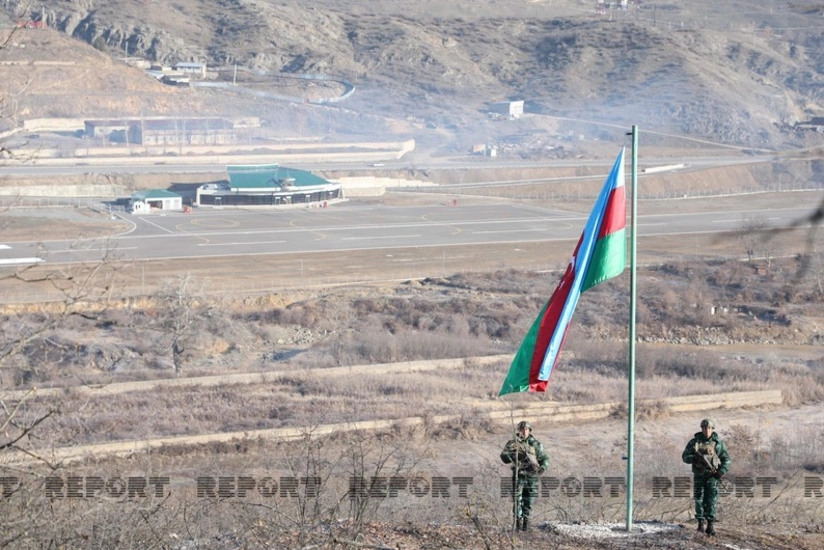The National Interest: Border escalation is a risky strategy for Armenia
- 11 August, 2021
- 10:54

The only thing that will ease regional tensions is a formal demarcation of borders between Armenia and Azerbaijan, says the article headlined 'Border escalation is a risky strategy for Armenia' published in The National Interest.
Report informs that, according to the article, eight months after a Moscow brokered ceasefire ended a forty-four-day conflict between Armenia and Azerbaijan, tensions are once again reaching a fever pitch between the South Caucasus neighbors.
"In the most serious escalation of violence since hostilities halted in November 2020, recent weeks have seen cross-border fire result in numerous casualties, with increasingly lethal skirmishes threatening areas previously untouched by violence. This does not bode well," the article notes.
According to the author, in July of last year, similar skirmishes—provoked by Armenia—broke out across the border.
"The current state affairs require urgent attention by world leaders, and not simply in the form of platitudinous calls for peace," the author says.
According to the article, Pashinyan recognizes that turning his back on Karabakh—Armenia nationalists’ all-consuming cause—would constitute a betrayal. Yet a return to war would also be devastating.
"Instead, Pashinyan and Armenian forces are treading a middle path: continuing war by other means. Low-level cross-border fire is keeping tensions high, the cause of Karabakh supposedly alive, and an enemy against which the Armenian people rally—channeling ire externally rather than domestically. Pashinyan knows winter is coming, when economic strife will bite with the fallout from Covid-19 and conflict. Distraction is becoming an issue of survival for the prime minister," the article reads.
All the same, the authors note that even if Pashinyan were a true peacemaker, it would likely make little difference. Armenians from Karabakh have traditionally held power in Armenia since independence and the first war over the territory in the 1990s. This is why a military coup was attempted in the immediate aftermath of Pashinyan signing the ceasefire agreement. "Pashinyan may rationalize that he has no choice but to go along with the provocations," the article reads.
"Armenia would benefit if it pursued renormalization of relations and borders with Azerbaijan," it further says.
The auhor stresses that Pashinyan’s request for more Russian boots along its national border, rather than just in Karabakh, 'will not ease tensions; it will only prolong them.
The article says it also unnecessarily raises the stakes and risks the internationalization of the conflict. One need only consider the outcome of a provocation or accident involving Moscow. "Syria, Libya, and Yemen are but a few illustrations of how that ends," the article reads.
The National Interest notes that without an agreement, Yerevan will find itself in a weaker position when Russian peacekeepers do leave in five years and, with an increasingly powerful Azerbaijan relative to Armenia, history is likely to repeat itself.
"An effective statesman would recognize that the time to negotiate a sustainable peace is now. If Pashinyan cannot see this, his foreign allies would be wise to convince him so," it concludes.
